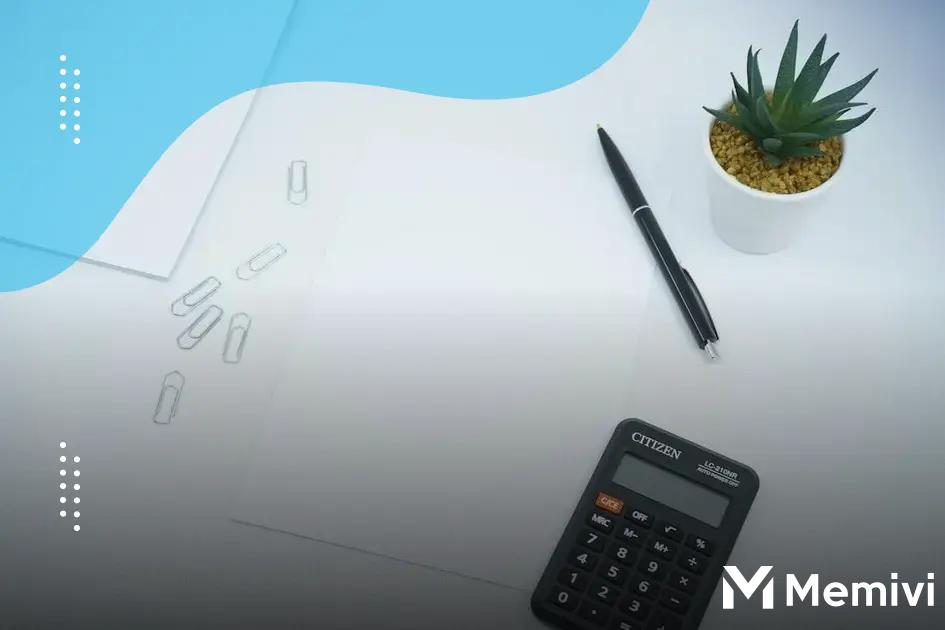Amid inflation, understanding the right saving strategies is crucial. Inflation erodes purchasing power, making it imperative to adopt effective budgeting tips and smart investment options. Building a robust financial plan, including emergency savings planning, can help shield your finances. By learning how inflation impacts the economy and personal wealth, you can adjust your plans and safeguard your financial future.
Understanding Inflation and Its Impact
Inflation represents the rate at which the general level of prices for goods and services rises, eroding purchasing power. It significantly impacts savings, investments, and household budgets. When prices rise, the money you hold loses its value, affecting your ability to purchase goods and services.
During periods of inflation, it’s crucial to adapt your saving strategies to safeguard your financial health. Inflation not only affects the cost of everyday items but also influences interest rates and investment returns.
Understanding how inflation interacts with your existing financial plans enables you to implement more effective solutions. Whether it’s re-evaluating your budget or selecting inflation-proof investment options, it’s vital to stay informed.
Comparing current inflation rates with historical data can provide insight into potential future trends and help in planning. Additionally, staying updated with government policies, as they often respond to inflationary pressures, can aid in tailoring a proactive approach to managing financial resources.
Effective Budgeting Tips

When navigating the financial challenges heightened by inflation, establishing a budget plan is crucial. Employ category-based allocations to ensure each aspect of your financial life is covered. Start by listing all income sources and necessary expenses, such as housing, groceries, and utilities. The 50/30/20 rule is a popular guideline: 50% of your income goes to needs, 30% to wants, and 20% to savings or debt repayment.
It’s important to track your spending using digital tools or apps that offer real-time feedback on your financial habits. Consider adopting a monthly review habit to adjust your budget as prices fluctuate due to inflation. This helps you identify areas where you can cut costs, like reducing entertainment spending or finding more affordable alternatives for daily necessities.
Comparatively shop to maintain your budget efficiency. Inflation often causes prices to vary significantly between retailers; thus, take advantage of price-matching policies and loyalty programs. Additionally, examine subscription services you no longer use and eliminate wasteful expenses.
Remember to make room for unexpected expenses or emergencies within your budgeting plan. While consistent saving might be harder during inflation periods, regularly setting aside small amounts can contribute to a significant emergency fund over time.
Smart Investment Options
In times of economic uncertainty, smart investment options become a crucial part of effectively managing personal finances. When inflation rates rise, traditional savings accounts may not offer sufficient growth to outpace inflation, making it essential to explore different investment avenues.
Diversification Is Key
Creating a diversified portfolio that includes stocks, bonds, and other assets can help mitigate risk. Stocks often provide growth potential, whereas bonds can offer stability and fixed returns.
Real Estate Investments Buying property during inflationary periods can be a smart move. Property values tend to appreciate over time, and real estate can generate rental income, providing a hedge against inflation.
Investing in Commodities
Commodities like gold and silver have historically maintained value during inflationary times. Adding them to your investment portfolio can be an effective way to protect your wealth.
Use of Index Funds These funds are often low-cost, provide diversification, and have shown resilience against market volatility, making them a favorable option during inflation.
Finally, consider seeking advice from a financial advisor to tailor a strategy that aligns with your financial goals and risk tolerance. Staying informed and proactive in managing your investments can help safeguard your financial future.
Emergency Savings Planning

Emergency savings is crucial, especially during inflationary periods when the cost of living rises unpredictably. It’s important to establish a robust emergency fund that can cover at least three to six months of living expenses. This acts as a financial safety net in case of job loss or unexpected expenses, like medical emergencies.
Start by setting realistic savings goals. Assess your monthly expenses to determine how much you need to put aside monthly to reach your target. Automating your savings can help ensure consistency. Allocate a certain percentage of your income directly to a high-yield savings account devoted to your emergency fund.
Consider diversifying where you keep your emergency funds. While a portion should remain easily accessible, you might also consider money market accounts or short-term Certificates of Deposit (CDs) that offer better interest rates without sacrificing too much liquidity.
Regularly review your savings strategy to adjust for inflation. As inflation rises, so do your potential expenses, meaning you might need to save more to maintain the same level of financial security. Additionally, periodically review and negotiate recurring expenses like subscriptions and insurance to manage costs effectively.


 How to Detect Unauthorized Transactions Quickly and Safely
How to Detect Unauthorized Transactions Quickly and Safely  Common Pitfalls That Reduce the Value of Rewards Unveiled
Common Pitfalls That Reduce the Value of Rewards Unveiled  Foreign Transaction Fees: Impact on Travelers Explained
Foreign Transaction Fees: Impact on Travelers Explained